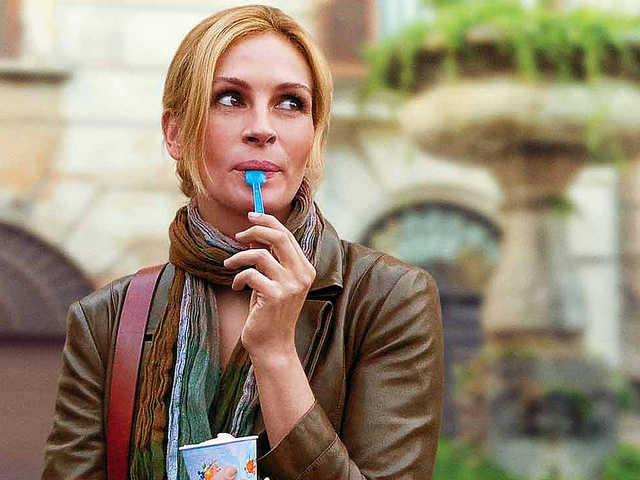“It’s only when we alter our eating habits out of love and respect for ourselves that lasting change has any real chance to take root in our lives.” ~ Katherine Woodward Thomas
~
What it takes to heal.
When I was a natural foods culinary instructor, one of my favorite classes to teach was called, “Therapeutic Menu Planning.” It covered how to prepare health-supportive menu plans for those who were suffering from cancer, diabetes, obesity, and other chronic health hindrances.
I always began the class by asking students to first consider what it actually means to heal.
Is healing a disease the same as curing it? Can someone be cured of a disease, but not healed? Can someone be healed and not cured? If so, what’s the difference between healing and curing?
As we batted around our ideas, words such as wholeness and integration and alignment ended up on the whiteboard.
I would then invite them to go deeper. What’s at the root of attaining wholeness, or integration, or alignment?
They would scratch their heads and look at me quizzically.
In our take-a-pill-and-feel-better culture, curing—or symptom relief—is held up as the apogee of recovery from illness. But while symptom relief is certainly desirable, what it really takes to heal—to resolve disease at its root—is forgiveness.
For women struggling with food, the quest for healing can be a rabbit’s maze of diet plans, exercise regimens, and “thou shalt not” compulsive abstinence, fueled by a multi-billion-dollar diet industry that wants to keep us buying the next book, supplement, or coaching program.
None of it will ever create lasting change.
The key to deep, abiding healing—to making peace with your body and your food choices—is forgiveness.
Forgiveness significantly reduces the stress that triggers the body to crave food and hold on to excess weight.
So when you forgive, you lose both emotional and physical pounds.
Forgiveness as a Heroine’s Journey
All acts of healing are acts of heroism, and forgiveness is no exception.
Forgiveness requires us to venture into our dark side. We must face and befriend the parts of ourselves we have split off from, denied, or neglected. We must call ourselves home from the people, places, and circumstances we have unwittingly given our power to and made responsible for our lives. We must unmask the monsters of our soul and discover that they hold the keys to our liberation.
Ultimately, true forgiveness is tantamount to death. We must die to our old story of what happened, who hurt us, and how we are flawed.
We are then reborn in the light of our true nature.
This is why forgiveness is so hard. It’s not that we don’t want to forgive; it’s that we can’t bear the brilliance of who we become once we do.
~
~
~
Author: Marcella Friel
Image: Eat Pray Love still
Editor: Travis May









Read 0 comments and reply